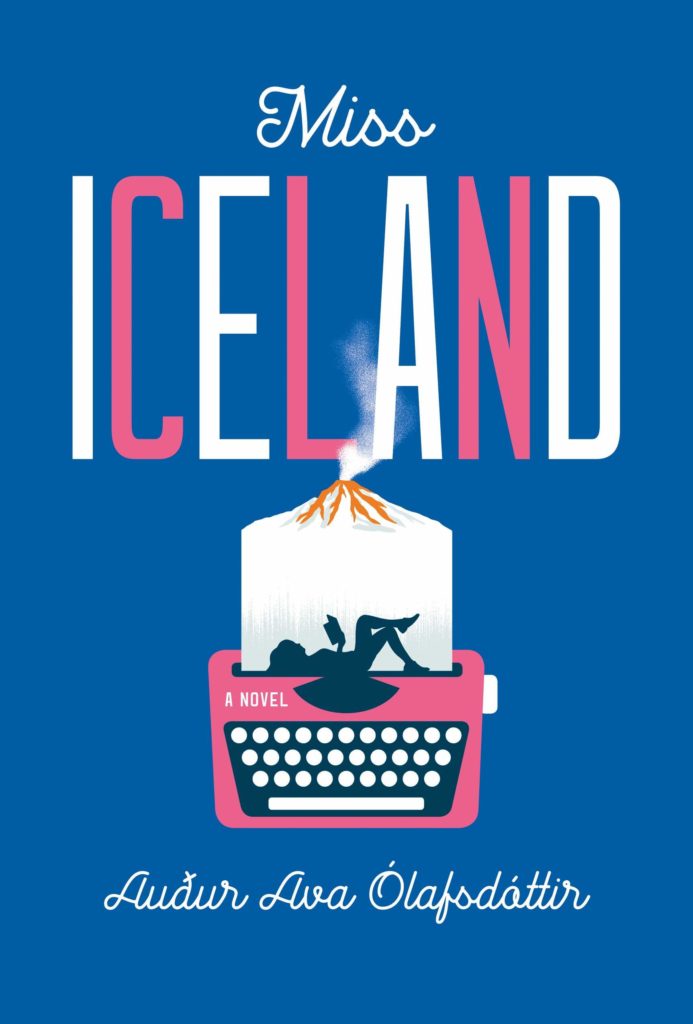Still on my Iceland kick, but this time I read a contemporary Icelandic novel that takes place in 1963.
Today, Iceland is known as a progressive country when it comes to LGBT rights and women’s rights, but just a few generations ago things were different. Miss Iceland is set in that time and explores the struggles of a handful of characters. Hekla, the protagonist, is a talented writer who moves from her village to Reykjavik.
Even before she arrives, Hekla is hassled on the bus by a man who wants her to participate in a beauty contest. In the city, she gets a job as a waitress and is warned that the male customers can get handsy. Her pay is half that of the male waitstaff.
Hekla regularly visits Ísey, a friend who married young and whose life, at 22, is now defined by being a mother. Her friend has a lively imagination and expresses an urgent desire to write, but that creative impulse is stifled by her circumstances and discouraged by her husband.
Ísey’s marriage serves as a counterpoint to Hekla’s foray into romance when she meets a poet. She withholds from him that she is also a writer, likely because she fears his predictable reaction: When he learns she has multiple completed novel manuscripts under consideration, the poet becomes jealous and self-conscious of his own abilities. It’s clear that he cannot be happy while Hekla’s talent exceeds his own.
The other primary relationship in the story is with Jón John, a gay friend from her village whose sexuality is not accepted in Icelandic society. Like Hekla, he hides his true identity in order to survive in an unforgiving culture. He dreams of being a costumer designer, but can only get jobs on fishing boats. But as hard as life is for Jón John, he is determined to pursue his dream and is willing to move abroad to make it happen.
Despite being written in first-person perspective, we don’t hear much of Hekla’s thought process at the few decision points of the book. Instead, we see how her relationships with Ísey, Jón John, and the poet guide her choices. When Hekla decides, she doesn’t hesitate, and she doesn’t look back. She knows she must conceal her plans to protect them from being subverted by a patriarchal society.
Miss Iceland is not the sort of book I normally read, but I enjoyed it as a new perspective — historical and social — on Icelandic society.
